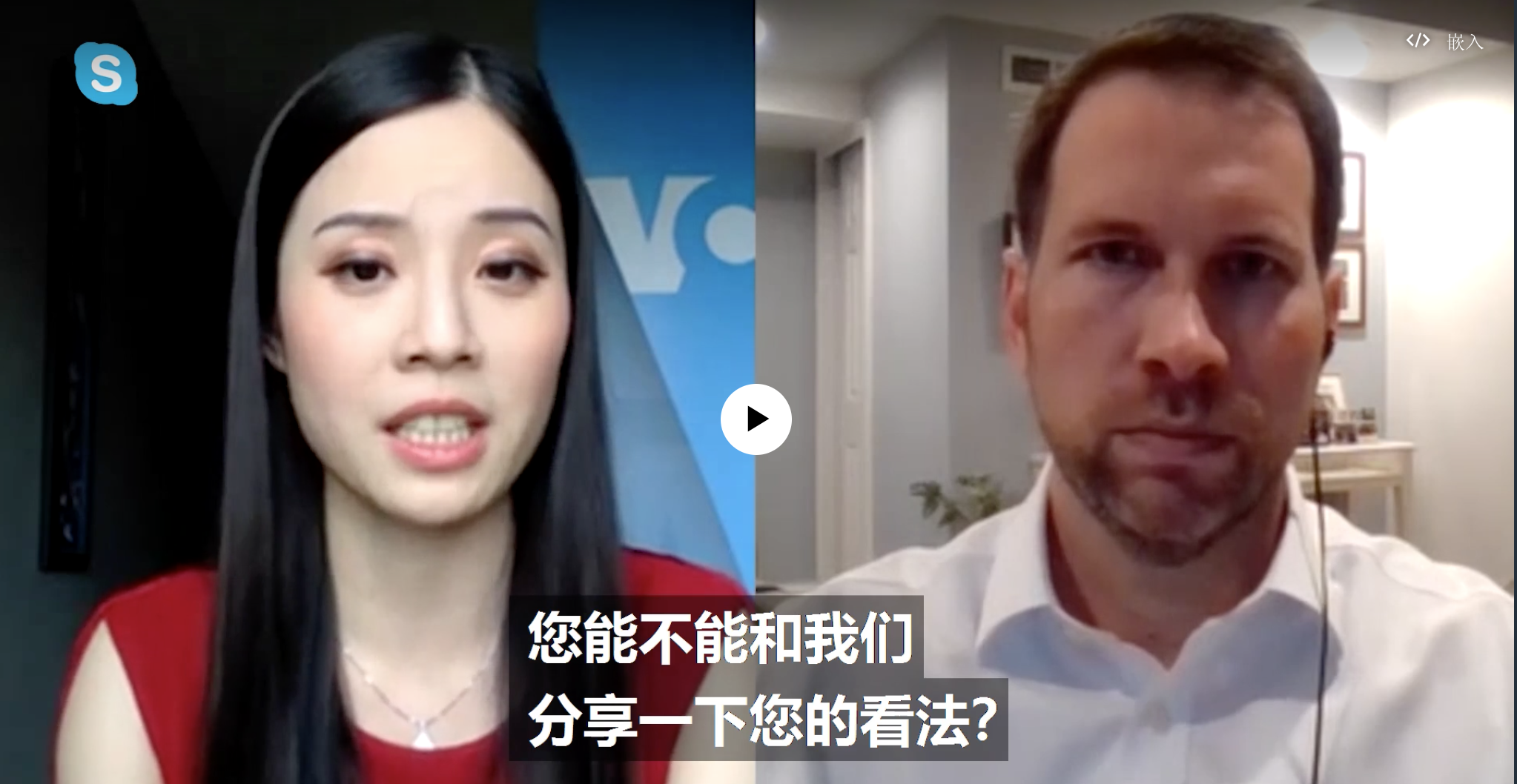Lies in the Time of COVID Part XV

Sorting truth from fiction in China
With the spread of COVID-19 affecting the world, the United States Agency for Global Media and its networks have remained committed to providing accurate and unbiased information about the coronavirus, clarifying any misinformation, and exposing disinformation related to the pandemic.
VOA reported on the U.S.’s notification to the UN that it is withdrawing from the WHO, due to the White House’s assertion that the organization spread Chinese disinformation about the coronavirus early in the pandemic, and gave in to Beijing’s narrative downplaying the dangers of the virus and its ability to spread through human-to-human contact. VOA Chinese also reported that on June 30, the WHO updated its coronavirus timeline acknowledging that the organization first learned of the outbreak in Wuhan on Dec 31, 2019, from online news reports, contradicting its earlier insistence that Chinese authorities provided a timely notification.
The Service also interviewed Bret Schafer, Media and Digital Disinformation Fellow at the Alliance for Securing Democracy, about Chinese disinformation efforts in the U.S. and beyond, particularly during the pandemic. Schafer suggested that the best way to address these efforts is to demonstrate that while the U.S. is not problem-free, it has a strong and independent media that is able to investigate and cover these events in full.
RFE/RL’s Russian Service provided an overview of recent claims alleging that the Chinese government knew about the novel coronavirus and the full extent of its threat much earlier than Beijing admits. The first set of claims came from former White House Chief Strategist Steve Bannon, who in an interview with the British Sunday Mirror said that recently many doctors and scientists have fled China and are working with the U.S. intelligence and counterintelligence agencies helping them piece together an accurate picture of where the virus started and when. RFE/RL’s piece also included an overview of a recent Fox News interview with virologist Li-Meng Yan, who fled Hong Kong in April fearing for her safety, alleging that scientists and doctors in China knew about a new outbreak and its human-to-human transmission weeks before the government acknowledged it.
MBN’s Alhurra covered the falling demand for Chilean salmon in China, after the second wave scare in Beijing, which the authorities claimed to have traced to a chopping board used by a seller of “imported fish.” The demand for imported salmon is reported to be “practically zero,” even though Chinese officials did not introduce any restrictions, while most authorities and health experts say that food cannot transmit the coronavirus.
RFE/RL reported on a stir caused by the Chinese Embassy in Kazakhstan, which posted a message on its website warning its citizens in the country of a pneumonia more dangerous than COVID-19 spreading in some Kazakh cities. The Kazakh Health Ministry responded that the spike in cases was due to a change in how it classifies cases, to bring in line with WHO guidelines, after which the Embassy appeared to edit its initial message – but not before several prominent Chinese news organizations reported on it.
